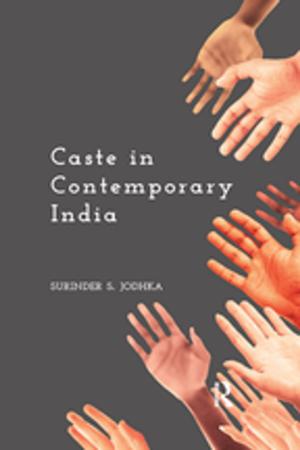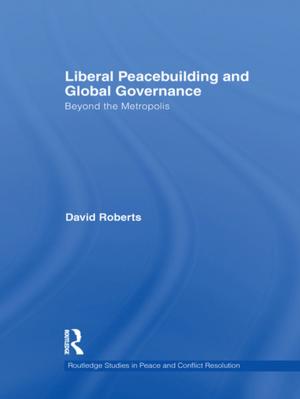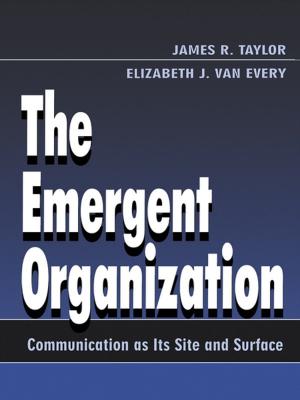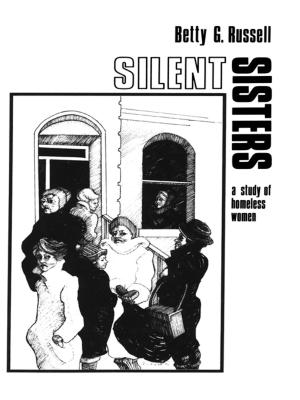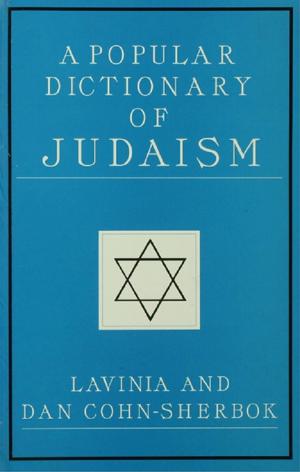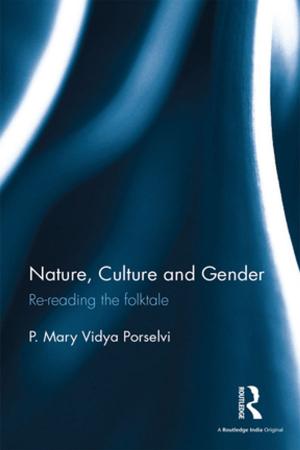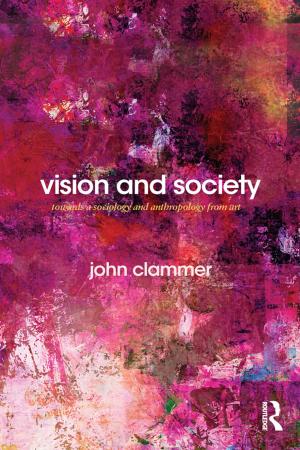Conflict and Peacebuilding in Sri Lanka
Caught in the Peace Trap?
Nonfiction, Social & Cultural Studies, Social Science, Cultural Studies, Ethnic Studies, Political Science| Author: | ISBN: | 9781136876264 | |
| Publisher: | Taylor and Francis | Publication: | December 14, 2010 |
| Imprint: | Routledge | Language: | English |
| Author: | |
| ISBN: | 9781136876264 |
| Publisher: | Taylor and Francis |
| Publication: | December 14, 2010 |
| Imprint: | Routledge |
| Language: | English |
The period between 2001 and 2006 saw the rise and fall of an internationally supported effort to bring a protracted violent conflict in Sri Lanka to a peaceful resolution. A ceasefire agreement, signed in February 2002, was followed by six rounds of peace talks, but growing political violence, disagreements over core issues and a fragmentation of the constituencies of the key parties led to an eventual breakdown. In the wake of the failed peace process a new government pursued a highly effective ‘war for peace’ leading to the military defeat of the LTTE on the battlefields of the north east in May 2009. This book brings together a unique range of perspectives on this problematic and ultimately unsuccessful peace process.
The contributions are based upon extensive field research and written by leading Sri Lankan and international researchers and practitioners. The framework of ‘liberal peacebuilding’ provides an analytical starting point for exploring the complex and unpredictable interactions between international and domestic players during the war-peace-war period. The lessons drawn from the Sri Lankan case have important implications in the context of wider debates on the ‘liberal peace’ and post conflict peacebuilding – particularly as these debates have largely been shaped by the ‘high profile’ cases such as Kosovo, Afghanistan and Iraq. This book is of interest not only to Sri Lanka specialists but also to the wider policy/practitioner audience, and is a useful contribution to South Asian studies.
The period between 2001 and 2006 saw the rise and fall of an internationally supported effort to bring a protracted violent conflict in Sri Lanka to a peaceful resolution. A ceasefire agreement, signed in February 2002, was followed by six rounds of peace talks, but growing political violence, disagreements over core issues and a fragmentation of the constituencies of the key parties led to an eventual breakdown. In the wake of the failed peace process a new government pursued a highly effective ‘war for peace’ leading to the military defeat of the LTTE on the battlefields of the north east in May 2009. This book brings together a unique range of perspectives on this problematic and ultimately unsuccessful peace process.
The contributions are based upon extensive field research and written by leading Sri Lankan and international researchers and practitioners. The framework of ‘liberal peacebuilding’ provides an analytical starting point for exploring the complex and unpredictable interactions between international and domestic players during the war-peace-war period. The lessons drawn from the Sri Lankan case have important implications in the context of wider debates on the ‘liberal peace’ and post conflict peacebuilding – particularly as these debates have largely been shaped by the ‘high profile’ cases such as Kosovo, Afghanistan and Iraq. This book is of interest not only to Sri Lanka specialists but also to the wider policy/practitioner audience, and is a useful contribution to South Asian studies.

